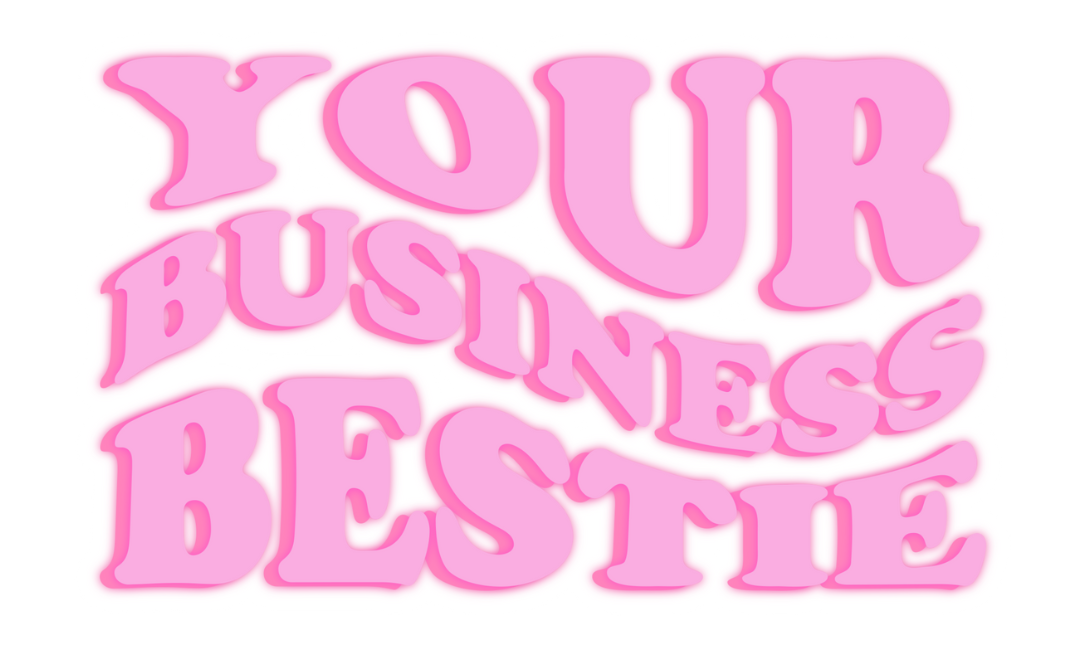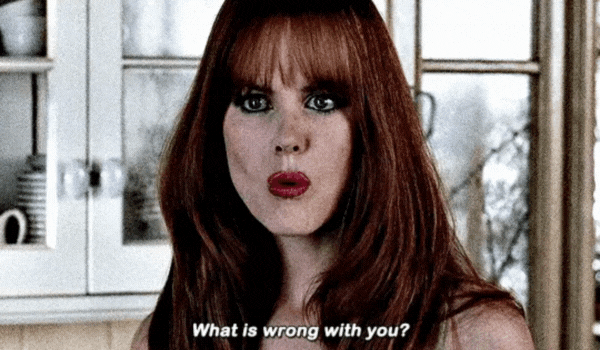Dare to Share: How Polarizing Content Can Skyrocket (or Sink) Your Business
When business owners post…
highly polarizing or emotionally charged content unrelated to their brand, it can sometimes feel like an attempt to go viral rather than an authentic part of their messaging. This isn't inherently bad, but it does come with risks.
Things to Consider Before Posting as a Business Owner:
Does this align with my brand and values?
If personal content is a regular part of your brand identity, then it might make sense. If not, it could feel out of place or even alienate your audience.
What is the intention behind this post?
Am I sharing because I genuinely want to connect, or am I hoping to spark controversy and engagement?
How might my audience perceive this?
Will this help or hurt my credibility? Will it build trust or cause unnecessary division?
Is this the right platform for this type of content?
Some discussions are better suited for private groups, close friends, or niche forums rather than a business page.
What is the potential fallout?
If this post were taken out of context, could it damage my reputation?
It’s not about censorship
It’s not about censorship—it’s about being intentional. Business owners are free to post whatever they want, but they should also be aware of how it reflects on them and their brand. A well-thought-out strategy ensures that personal posts enhance rather than detract from their business.
The situation with Target is a perfect large-scale example of what can happen when a brand makes bold public decisions or statements that feel performative, misaligned, or contradictory to their prior values. It highlights how intention, consistency, and platform matter — just like in the example of the business owner posting a viral, polarizing parenting take on their business page.
Here's how we can draw a correlation:
When Business Owners Go Viral for the Wrong Reasons: Whether it’s a major retailer like Target or a solo entrepreneur on Threads, when you post something emotionally charged, personal, or politically adjacent without a clear, consistent brand narrative to back it up, you run the risk of being seen as:
Opportunistic
Confusing
Inauthentic
Or even exploitative
In both cases, the backlash isn’t just about the post or the decision—it’s about the perceived motive and impact.
Target & The DEI Backlash: Target previously made strong public commitments to diversity, equity, and inclusion—especially after 2020. But in January 2025, when they quietly pulled back on DEI programs and removed Pride merchandise from shelves in certain stores due to backlash, it read to many as performative and cowardly.
Consumers on both sides were frustrated:
Supporters of DEI felt betrayed.
Opponents of DEI saw inconsistency and weakness.
This sparked a mass boycott not because of one decision, but because the brand lost clarity and trust.
So… What Can Small Business Owners Learn From This?
Here are some key self-check questions before posting or making bold moves:
Is this post aligned with my brand values and messaging?
Am I being reactive or intentional?
Would I stand behind this post if it went viral in the wrong way?
Will this strengthen or dilute my community’s trust in me?
Does this help my audience understand who I am and what I stand for—or does it confuse them?
Posting something polarizing once without context can make you look like you’re chasing clout or rage-baiting. But if you’re consistently sharing your values, personal experiences, or stances—and they’re clearly tied to your mission—your audience can ride with you.
Target lost control of the narrative because their actions didn’t match their previously loud values. Similarly, small biz owners should remember: It’s not just what you post, it’s what you stand for consistently that matters.


